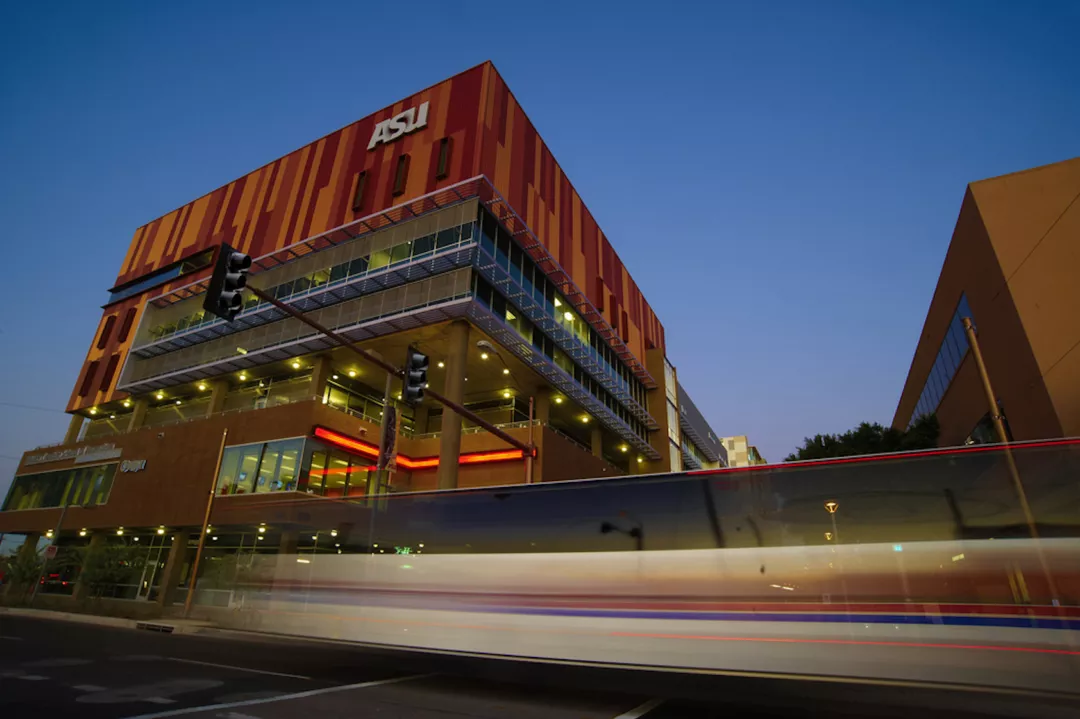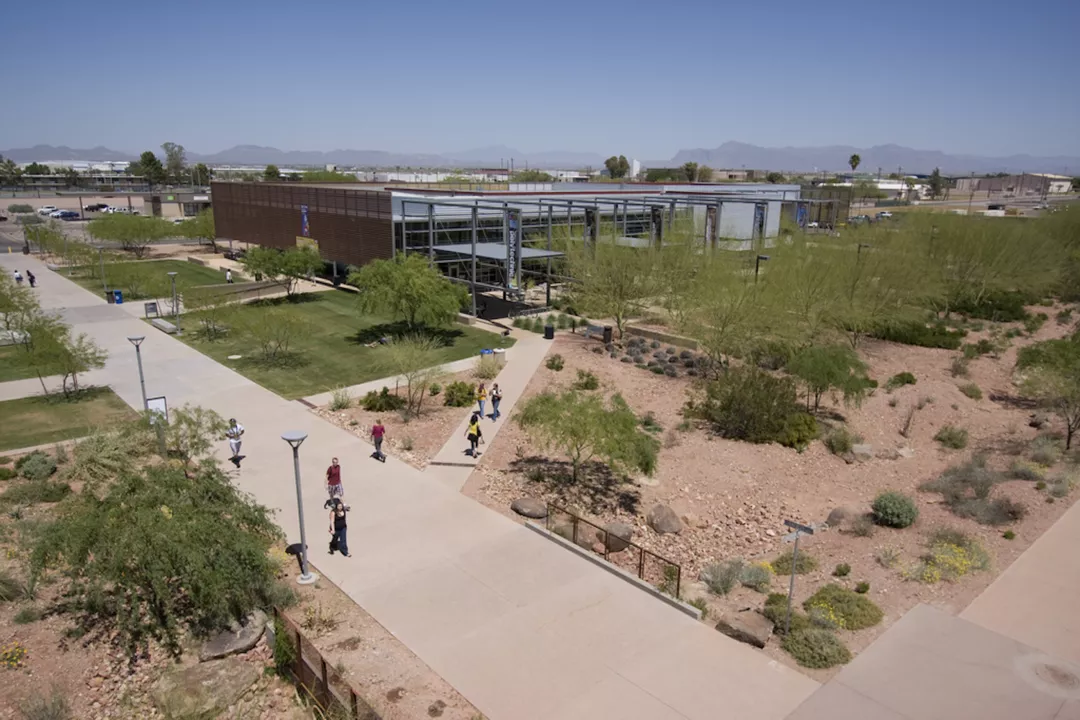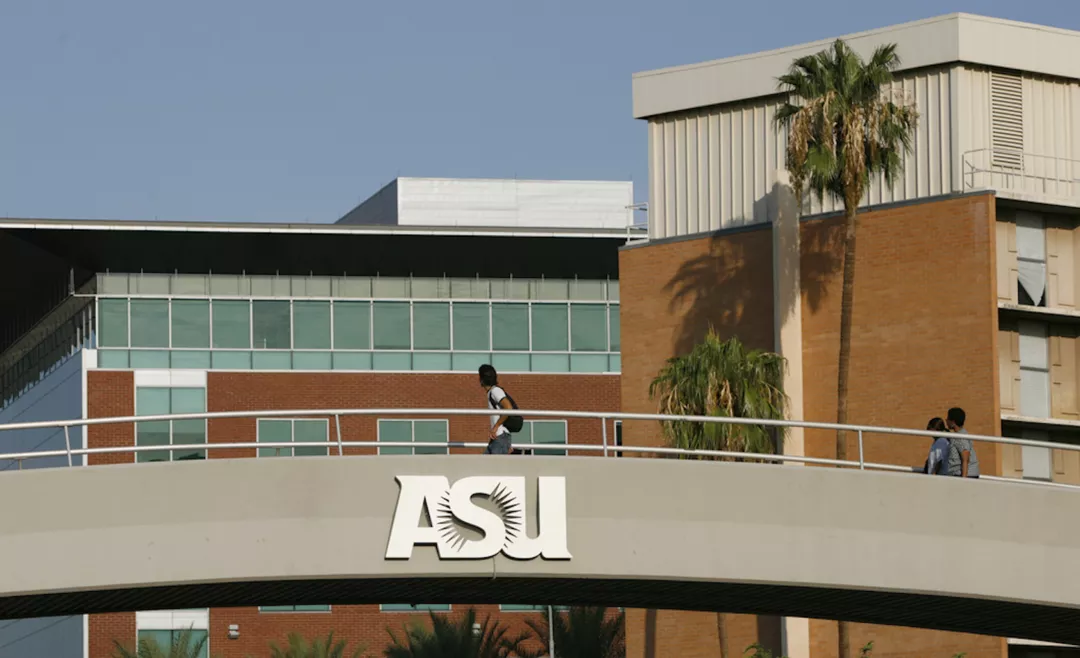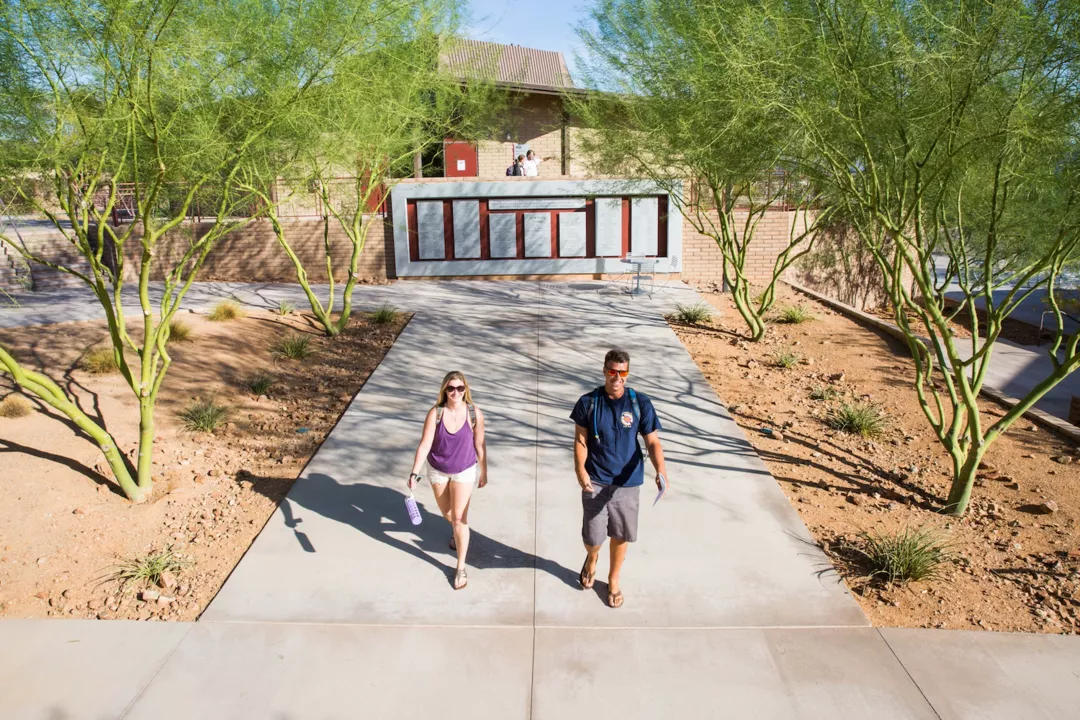-
hello@abroadcube.com
Mail us
-
Call For Help:
98779 83783
-
Whatsapp Us
70090 34921
The Civil Engineering program at Arizona State University emphasizes sustainability as an integrated approach to engineering that focuses on the long-lasting improvement of the human condition.
Geotechnical and Geoenvironmental Engineering at ASU is focused upon unsaturated soil mechanics, waste mechanics, and geotechnical earthquake engineering. ASU is a leader in unsaturated soil mechanics applied to the performance of pavement subgrades and the impact of expansive soil upon foundations. Our unsaturated soil mechanics laboratory is one of the finest in the world and our Enamul and Mahmuda Hoque laboratory has unique, large scale equipment for static and dynamic testing of waste materials. Our research strengths include the seismic design of geosynthetic lined landfills, groundbreaking work on microbially-induced carbonate precipitation for remediation of earthquake hazards, mitigation of geologic hazards and environmental protection and remediation.
You can be a part of local, national and international research efforts to promote safe and sustainable development including transportation, water resources, buildings and other man-made structures.
| Level | Masters |
| Discipline | Engineering |
| Duration | 24 months |
| Intakes | Jan, Aug |
| Application Fees | USD 0 |
| Tuition Fees | USD 25200 |
| Campus | Tempe |
| Language proficiency (minimum) | |
| IELTS | 6.5 |
|---|---|
| TOEFL | 80 |
| PTE | Not Required / Waiver |
| Duolingo | 105 |
| Exam proficiency (minimum) | |
| SAT | Not Required / Waiver |
|---|---|
| ACT | Not Required / Waiver |
| GRE | Not Required / Waiver |
| GMAT | Not Required / Waiver |
Minimum GPA - 77%
QS Quacquarelli Symonds is the world’s leading provider of services, analytics, and insight to the global higher education sector, whose mission is to enable motivated people anywhere in the world to fulfil their potential through educational achievement, international mobility, and career development.
THE (Times Higher Education) has been providing trusted performance data on universities for students and their families, academics, university leaders, governments and industry, since 2004. We create university rankings to assess university performance on the global stage and to provide a resource for readers to understand the different missions and successes of higher education institutions.
The Academic Ranking of World Universities (ARWU) was first published in June 2003 by the Center for World-Class Universities (CWCU), Graduate School of Education (formerly the Institute of Higher Education) of Shanghai Jiao Tong University, China, and updated on an annual basis
The "Webometrics Ranking of World Universities" is an initiative of the Cybermetrics Lab, a research group belonging to the Consejo Superior de Investigaciones Científicas (CSIC), the largest public research body in Spain. CSIC is among the first basic research organizations in Europe. The CSIC consisted in 2006 of 126 centers and institutes distributed throughout Spain.





